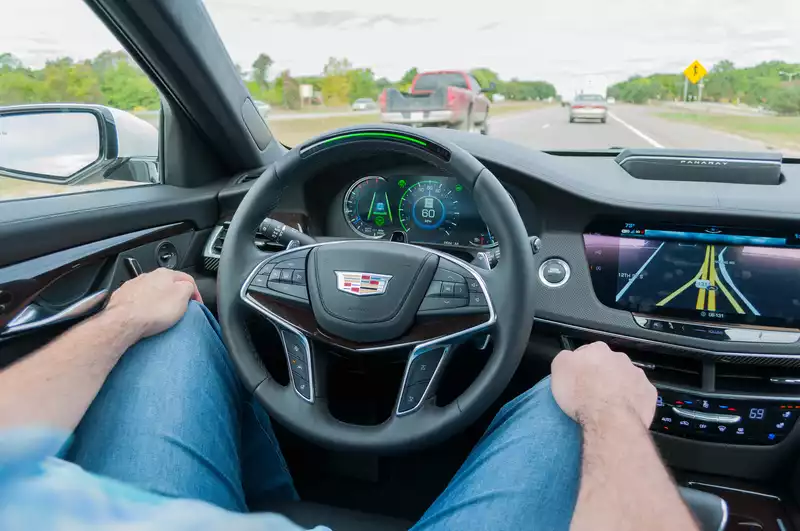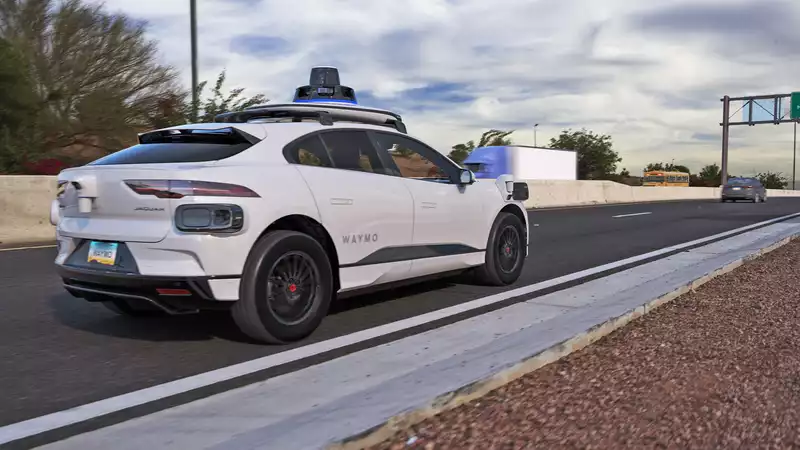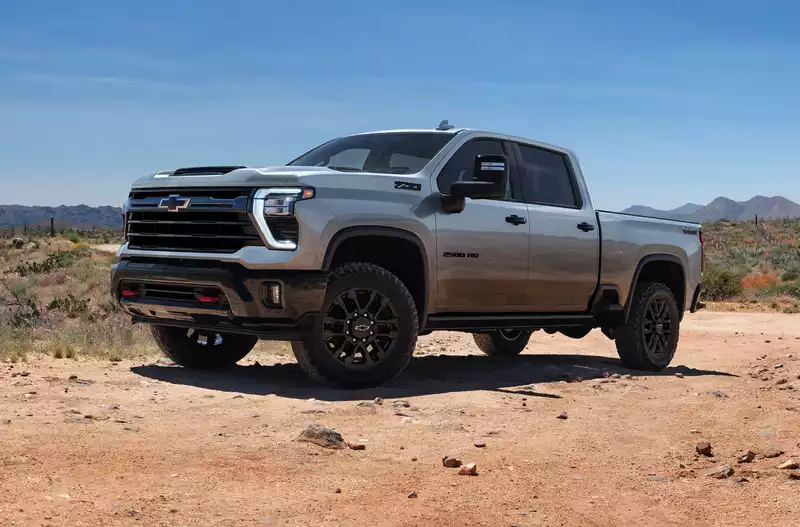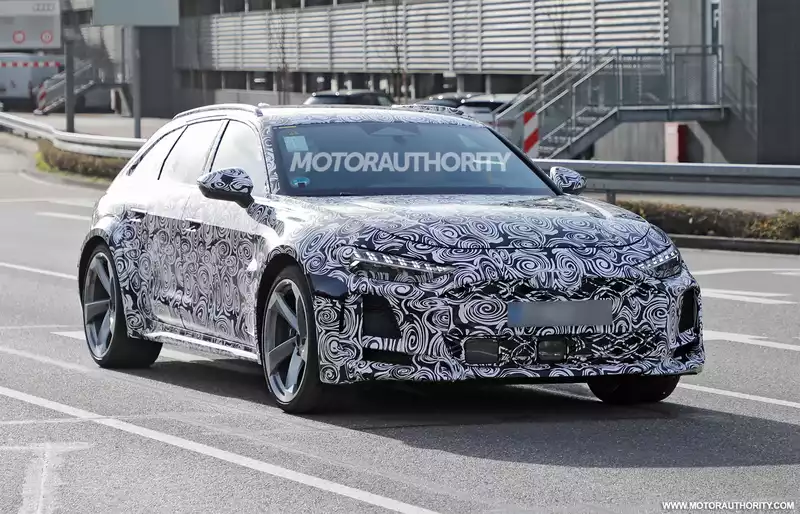Bosch launches hydrogen engine in 2024
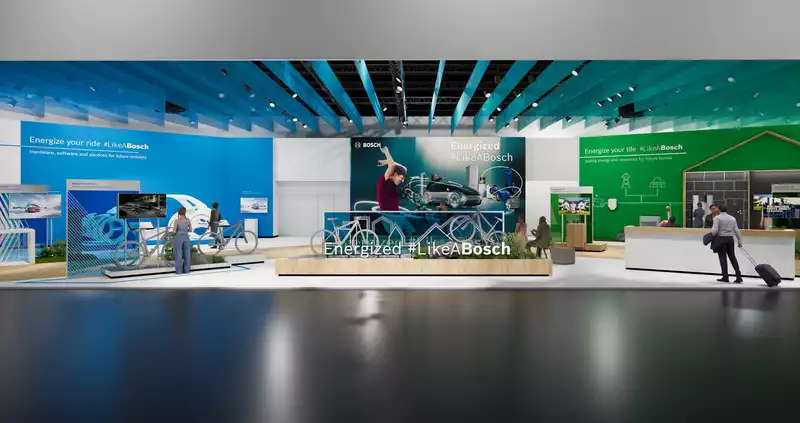
Stringent emission regulations pose a challenge for automakers to maintain production of vehicles powered exclusively by gasoline or diesel fuel. In some countries and regions, there are moves to ban gasoline and diesel vehicles altogether.
An alternative that is gaining popularity in the commercial transportation industry is the use of hydrogen fuel cells to power electric motors, but hydrogen may also emerge as the savior of the internal combustion engine because it does not emit carbon dioxide.
Bosch and many other companies are developing internal combustion engines that burn hydrogen. The automotive supplier used the 2024 CES, currently being held in Las Vegas, to announce plans to unveil a hydrogen engine later this year. Bosch's announcement follows similar announcements by Alpine, Porsche, and Toyota. [Bosch recently began producing hydrogen fuel cells for heavy-duty vehicles on a large scale and said it sees hydrogen playing a central role in the transition to a sustainable energy source. [The concept of hydrogen engines is not new. In 2006, for example, BMW introduced the 7 Series with a hydrogen-powered V12 engine. The main improvements were fuel storage and fuel injection. [There are drawbacks, however. In addition to the lack of a steady supply of hydrogen as an available fuel source, such engines emit harmful nitrogen oxides. However, there are ways to minimize this, such as using urea-based selective catalytic reduction found in diesel engines. Hydrogen can also be produced without emissions by using renewable energy to split water into hydrogen and oxygen.
To address supply issues, the government and industry are investing in hydrogen technology. In the U.S., the government has committed about $7 billion to the creation of so-called hydrogen hubs, which are key building blocks for establishing a broader hydrogen infrastructure. These hubs are essentially areas of networked hydrogen producers.
In parallel with hydrogen development, Bosch is also focusing on new technologies for electric vehicles. One of these, an EV-related vehicle health diagnostic system, was also presented at CES. This system analyzes battery data to determine the condition of the battery and, according to Bosch, has the potential to extend battery life by up to 20%.
